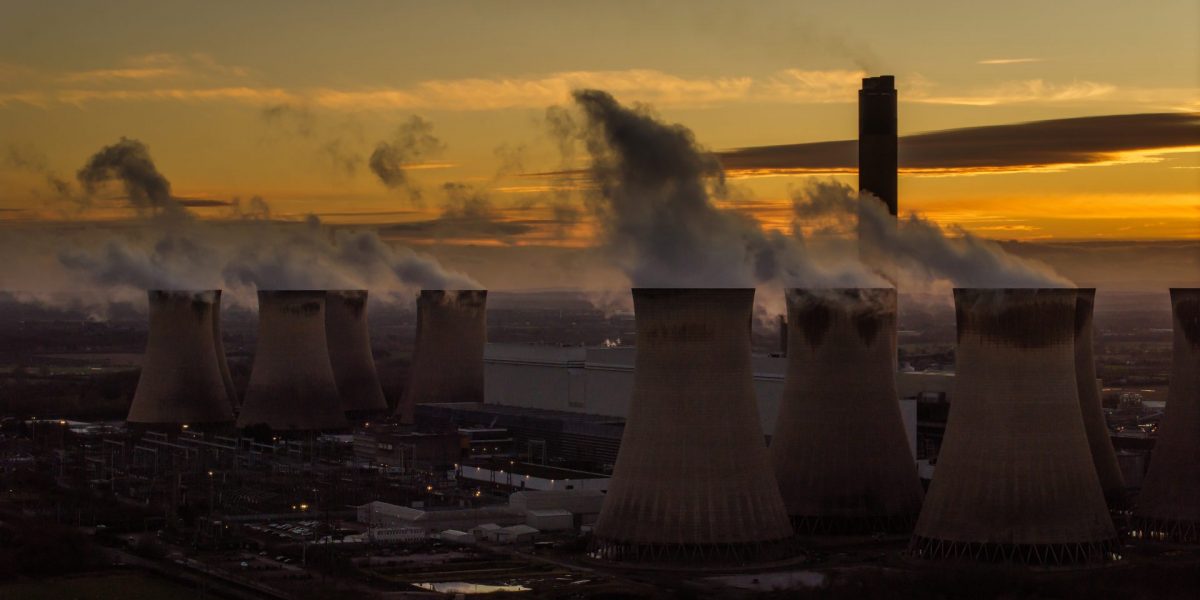Introduction
Climate change is a crisis affecting every corner of the planet. The increase in wildfires internationally in the past five years is evidence of this. Instances of other natural disasters, such as floods and droughts, have grown in frequency. The climate crisis began to truly gain attention in the 1990s with the formation of the UN Framework Convention on Climate Change (UNFCCC) in 1992 and the adoption of the Kyoto Protocol in 1997. The Kyoto Protocol was implemented in 2005.1Peter Jackson, “From Stockholm to Kyoto: A Brief History of Climate Change”, UN Chronicle 44, no. 2 (2007).
This, as with many commitments made to address climate change, shows consistent delays by states in implementing climate policy. The most influential climate action to date has been the adoption of the Paris Agreement at the 21st Conference of Parties (COP) of the UNFCCC in 2015, through which signatories agreed to implement policies that would limit temperatures from rising 1.5°C above pre-industrial levels.
The G20 is an international grouping founded in 1999 in response to the Asian Financial Crisis of 1997–1998. Initially an informal grouping of finance ministers and central bank governors, the G20 has become one of the most influential forums for international cooperation and dialogue. The first meeting at the heads of state level was in 2008, and there has been an annual summit since then (two summits were hosted in both 2009 and 2010). Climate has been on the G20 Agenda as a topic of discussion since the 2009 Pittsburgh Summit, where leaders committed to phasing out inefficient fossil fuel subsidies.
This report outlines the commitments made by G20 member countries related to climate, sustainability, energy and climate finance. The document outlines commitments made from 2008 to 2024 and will show where commitments were reaffirmed and where progress was made.








